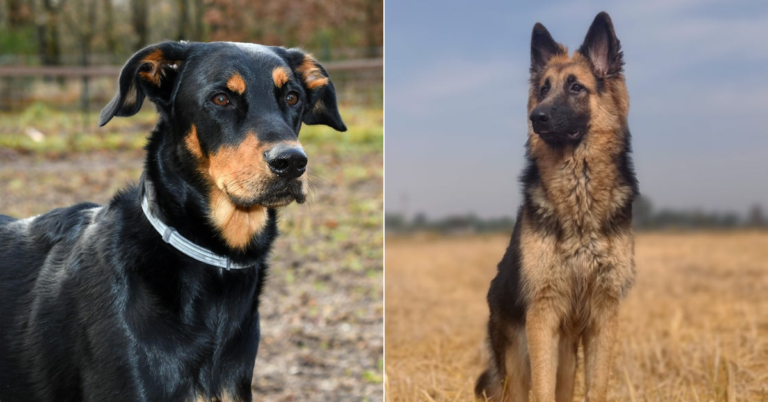10 Legal Changes Every Pit Bull And Rottweiler Owner Should Know

Dog owners are talking, and the buzz is all about Pit Bulls and Rottweilers. New routines are popping up, and the rules seem to keep multiplying. In response to recent safety concerns and public incidents, cities are tightening oversight. It’s not just about keeping a leash handy anymore. Knowing the updates could mean the difference between freedom and fines—here’s what you need to know.
Breed Registration Rules Begin In 2025

Local governments are strengthening pet ownership rules for high-risk breeds. In select jurisdictions, every Pit Bull and Rottweiler owner must register their dog with local authorities starting in 2025. Registration ensures that the authorities have accurate records and helps pet guardians stay compliant with new municipal requirements.
Relocation Notification Rules For Breed Owners

Breed handlers must notify local authorities before relocating with Pit Bulls or Rottweilers, as some areas enforce breed-specific regulations. This may involve updating registration or meeting local housing requirements. Checking municipal laws in advance helps prevent penalties and supports a smooth, lawful transition for both dog and pet parents.
Mandatory Microchipping For Pit Bulls And Rottweilers

Microchipping is now compulsory for all Pit Bulls and Rottweilers in some states. The microchip must be implanted by a certified veterinarian or an approved provider. This step links each dog to its caretaker and helps regulatory agencies track compliance. It also aids in returning lost pets and verifying ownership during legal checks.
New Leash Length Limits In Public Parks

Handlers will need to use shorter leashes when walking Pit Bulls and Rottweilers in public parks. Local guidelines are encouraging tighter leash control, especially in crowded or high-traffic areas. These leash rules are designed to improve public safety and prevent incidents. Check with local park authorities for the exact permitted leash length.
Insurance Requirements For Restricted Breeds

Protecting the public from liability is a core goal of these policy updates. In certain jurisdictions, Pit Bull and Rottweiler owners are now required to carry breed-specific liability insurance. This policy provides coverage for medical bills or property damage. Before issuing coverage, some insurers may require a behavioral assessment of the dog.
Annual Veterinary Health Checks For Compliance

Annual health checks by a licensed veterinarian are now part of the compliance process. Vets need to submit signed documentation verifying the dog’s condition and vaccination status. These checks guarantee the dog’s health status and vaccination records, which must be submitted to local authorities annually to maintain registration.
Updated Muzzle Laws For City Walks

Worried about another biting incident on your block? In several cities, Pit Bulls and Rottweilers are now officially required to wear muzzles during city walks. The updated rule helps ease public fear and prevent accidents, so pick a snug, comfortable muzzle to protect everyone involved.
Home Fencing Standards For Large Breeds

Strong containment is now seen as essential for public reassurance. As a result, owners of large breeds are required to meet updated home fencing standards. Fences should be tall, escape-proof, and built to securely confine Pit Bulls and Rottweilers. To ensure compliance, authorities may carry out routine property inspections.
Training Certification For Owners Of Pit Bulls And Rottweilers

Effective training is now considered a baseline responsibility for ownership. In certain states, owners must complete and submit proof of certified dog training. This requirement promotes safer handling practices and minimizes risks in public settings. Certified courses aim to instill control and confidence in both dog and handler alike.
Restrictions On Access To Children’s Playgrounds

Some U.S. cities enforce restrictions on Pit Bulls and Rottweilers in children’s playgrounds, prioritizing public safety. Rules vary, with some areas requiring muzzles, leashes, or outright bans on these dogs. Dog guardians are expected to check local regulations, as violations may result in fines.





